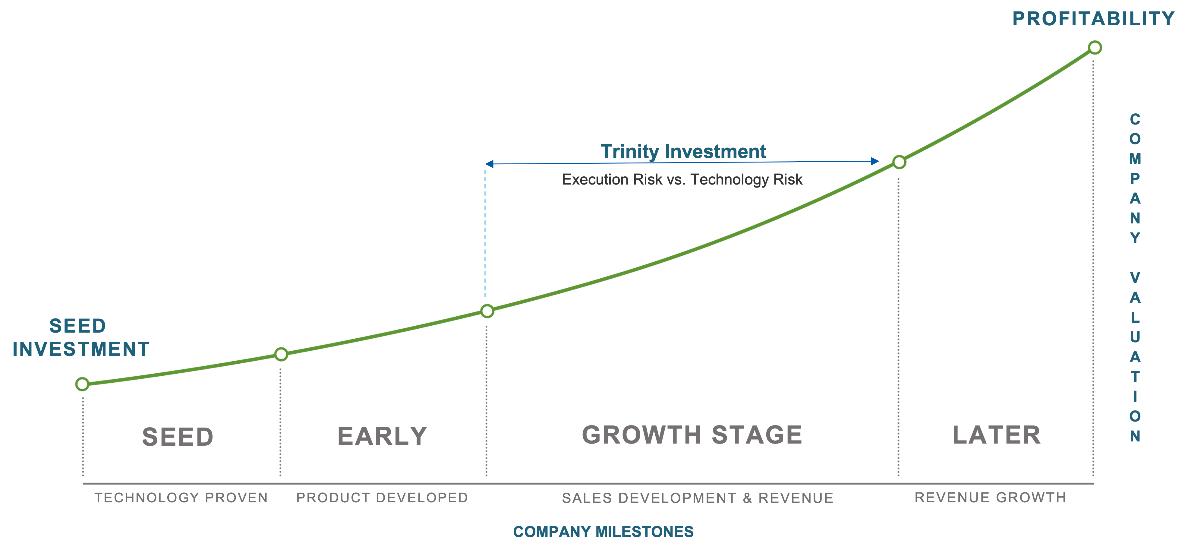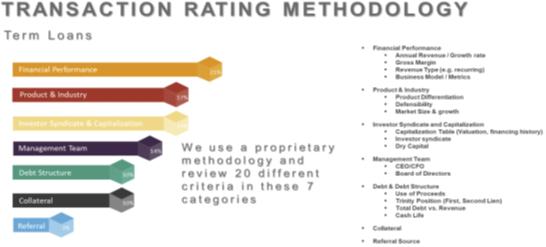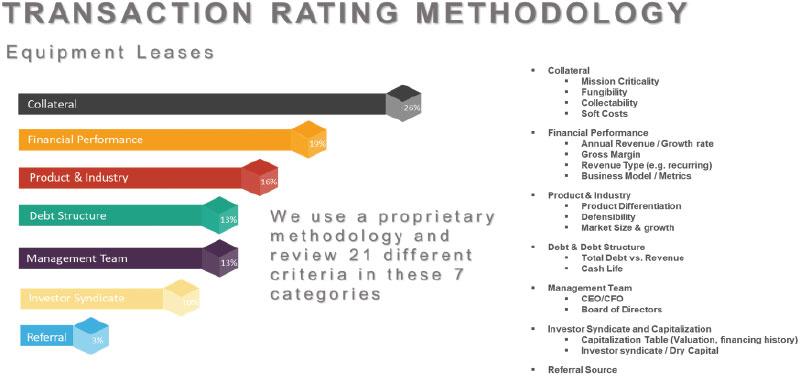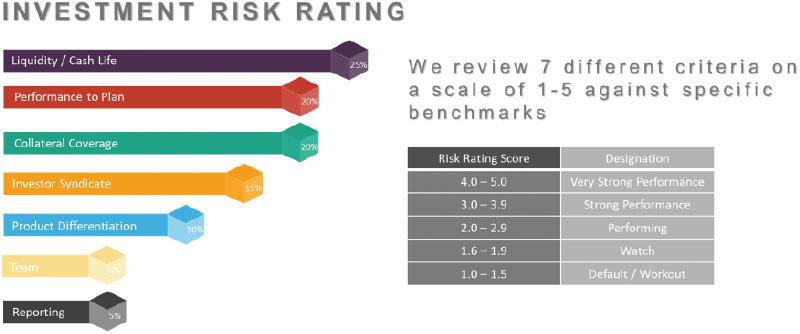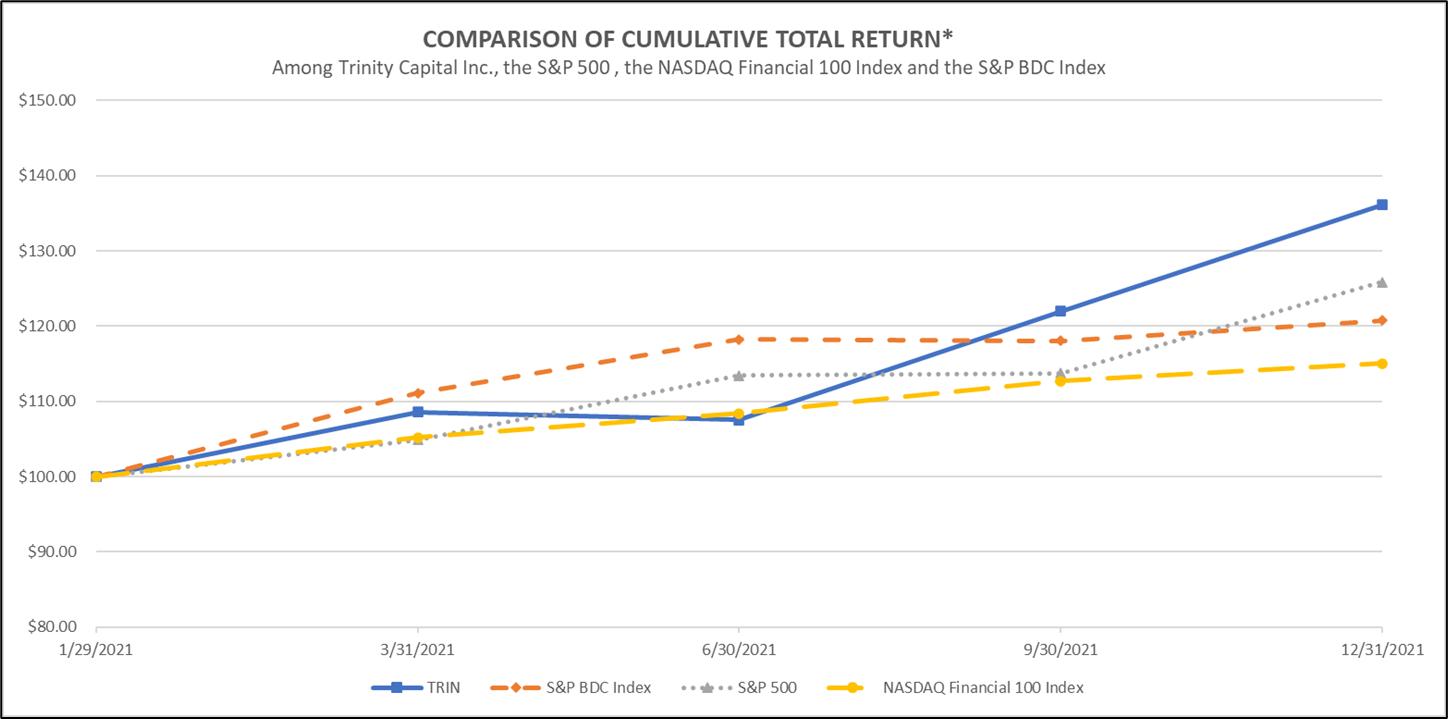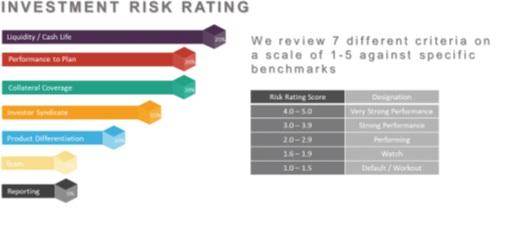business, operating results and financial condition. Losses from terrorist attacks, global health emergencies, and extreme weather conditions or other natural disasters are generally uninsurable. The nature and level of extreme weather conditions or other natural disasters cannot be predicted and may be exacerbated by global climate change.
Internal and external cyber threats, as well as other disasters, could impair our ability to conduct business effectively.
The occurrence of a disaster, such as a cyber-attack against us or against a third party that has access to our data or networks, a natural catastrophe, an industrial accident, failure of our disaster recovery systems, or consequential employee error, could have an adverse effect on our ability to communicate or conduct business, negatively impacting our operations and financial condition. This adverse effect can become particularly acute if those events affect our electronic data processing, transmission, storage, and retrieval systems, or impact the availability, integrity, or confidentiality of our data.
We depend heavily upon computer systems to perform necessary business functions. Despite our implementation of a variety of security measures, our computer systems, networks, and data, like those of other companies, could be subject to cyber-attacks and unauthorized access, use, alteration, or destruction, such as from physical and electronic break-ins or unauthorized tampering. If one or more of these events occurs, it could potentially jeopardize the confidential, proprietary, and other information processed, stored in, and transmitted through our computer systems and networks. Such an attack could cause interruptions or malfunctions in our operations, which could result in financial losses, litigation, regulatory penalties, client dissatisfaction or loss, reputational damage, and increased costs associated with mitigation of damages and remediation.
Third parties with which we do business may also be sources of cybersecurity or other technological risk. We outsource certain functions, and these relationships allow for the storage and processing of our information, as well as client, counterparty, employee, and borrower information. While we engage in actions to reduce our exposure resulting from outsourcing, ongoing threats may result in unauthorized access, loss, exposure, destruction, or other cybersecurity incidents that adversely affects our data, resulting in increased costs and other consequences as described above.
We and our third-party providers continue to be impacted by government action in response to the COVID-19 pandemic that are obstructing the regular functioning of business workforces (including requiring employees to work from external locations and their homes). In response to the COVID-19 pandemic, we instituted a work from home policy until it was deemed safe to return to the office. We have since reopened our principal office but permit employees to work from home on a voluntary basis. An extended period of remote working, whether by us or our third-party providers, could strain technology resources and introduce operational risks, including heightened cybersecurity risk. Remote working environments may be less secure and more susceptible to hacking attacks, including phishing and social engineering attempts that seek to exploit the COVID-19 pandemic. Accordingly, the risks described above are heightened under current conditions.
Cybersecurity risks and cyber incidents may adversely affect our business or the business of our portfolio companies by causing a disruption to our operations or the operations of our portfolio companies, a compromise or corruption of our confidential information or the confidential information of our portfolio companies and/or damage to our business relationships or the business relationships of our portfolio companies, all of which could negatively impact the business, financial condition and operating results of us or our portfolio companies.
A cyber incident is considered to be any adverse event that threatens the confidentiality, integrity or availability of the information resources of us or our portfolio companies. These incidents may be an intentional attack or an unintentional event and could involve gaining unauthorized access to our information systems or those of our portfolio companies or third-party vendors for purposes of misappropriating assets, stealing confidential information, corrupting data or causing operational disruption. Despite careful security and controls design, the information technology systems of our portfolio companies and our third-party vendors, may be subject to security breaches and cyber-attacks the result of which could include disrupted operations, misstated or unreliable financial data, liability for stolen assets or information, increased cybersecurity protection and insurance costs, litigation and damage to business relationships. As our, our portfolio companies’ and our third party vendor’s reliance on technology has increased, so have the risks posed to our information systems, both internal and those provided by third-party service providers, and the information
